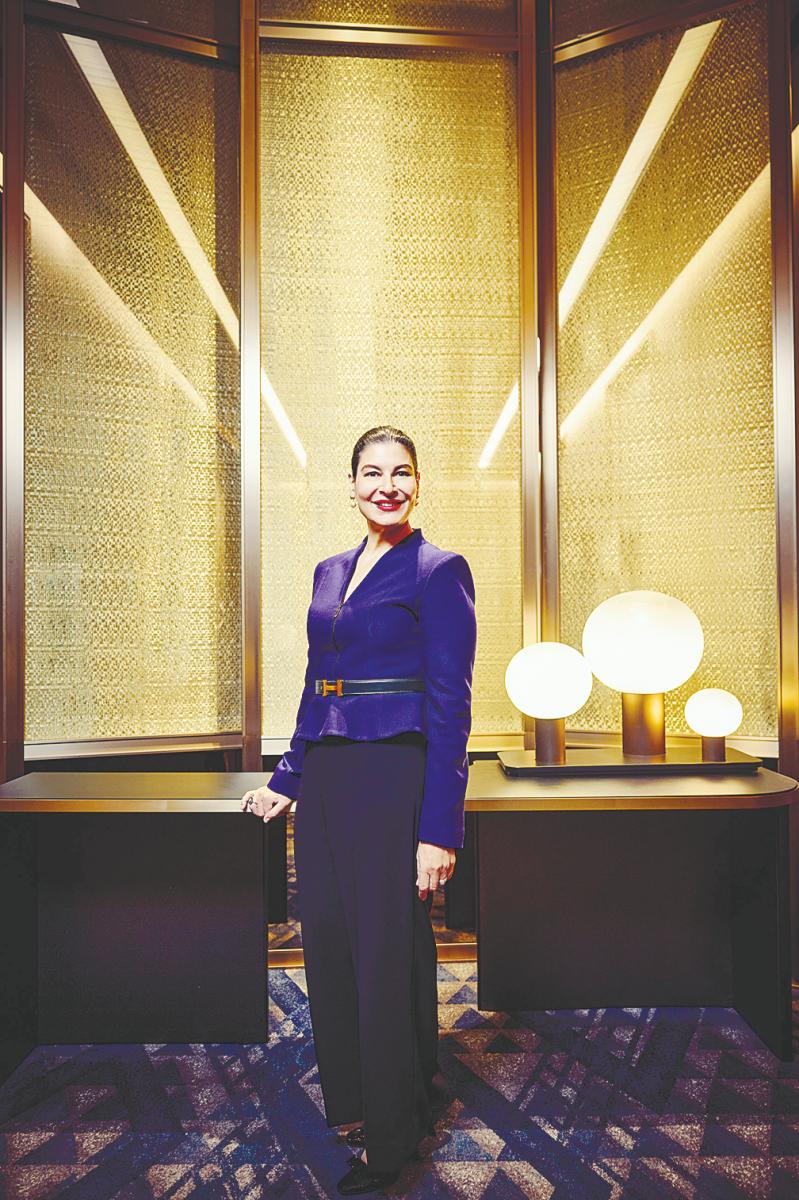PETALING JAYA: Hilton Kuala Lumpur’s Green Ramadan initiative has proven its success by reducing food waste nearly 50%, marking a major step in the hotel’s sustainability efforts during the recent festive season.
General manager Linda Pecoraro (pic) said through a combination of strategic planning, innovative waste reduction techniques and community partnerships, the hotel has been able to curb excess food while still delivering a high-quality dining experience for guests.
She highlighted that the hotel’s Ramadan buffet, known for its extensive spread, has undergone a transformation with a focus on sustainability.
“By analysing guest dining patterns and adjusting portion sizes accordingly, the hotel has minimised surplus food.
“We noticed that certain dishes tend to be overproduced, leading to unnecessary waste. By closely monitoring consumption trends, we have managed to fine-tune our preparations and cut food waste by nearly half in the first year (2024). We aim to further reduce food waste in 2025 to ensure less unnecessary waste,” she told SunBiz.
She said the hotel has partnered with local charities to donate surplus food, ensuring that unserved excess reaches those in need instead of being discarded, adding that this initiative aligns with Hilton’s global environmental, social and governance (ESG) commitment to cutting food waste in half by 2030.
She remarked that composting has played a key role in the hotel’s strategy, with food scraps being repurposed into organic fertiliser.
“This practice not only reduces landfill but also supports urban farming efforts in the city,” Pecoraro added.
She said, leveraging Winnow’s AI-powered food waste tracking system, the hotel was able to obtain real-time insights into food waste, allowing kitchen teams to make precise adjustments to good preparation and production.
She remarked that a major contributor to the success of the programme has been the emphasis on guest education.
“Diners are encouraged to take only what they can finish, with subtle reminders placed throughout the buffet area.
“We have also incorporated more plant-based options into our Ramadan menu, which require fewer resources to produce compared to meat-based dishes.
“This shift is in line with growing consumer demand for sustainable dining choices.
“The hotel’s culinary team has worked to creatively utilise ingredients that might otherwise go to waste. For instance, vegetable peels and bones are turned into broths, while overripe fruits are repurposed into desserts and beverages,” she remarked.
Pecoraro said the hotel’s Green Ramadan initiative reflects a broader shift in the hospitality industry, where sustainability is becoming a core focus.
“Other hotels in Malaysia are expected to follow suit as eco-conscious practices gain traction,” she added.
With the success of this programme, she said the hotel is exploring ways to make its food waste reduction efforts a permanent feature beyond Ramadan.
“Plans are in place to integrate similar strategies across other dining operations throughout the year,” she explained.
As the hospitality sector continues to embrace greener practices, Pecoraro stated that the hotel’s initiative sets a benchmark for sustainable dining, proving that luxury and environmental responsibility can go hand in hand.









